Directory
- Share
Simone Haysom
- Alumni
- South Africa
- 2009 MPhil Environment, Society and Development
- Corpus Christi College
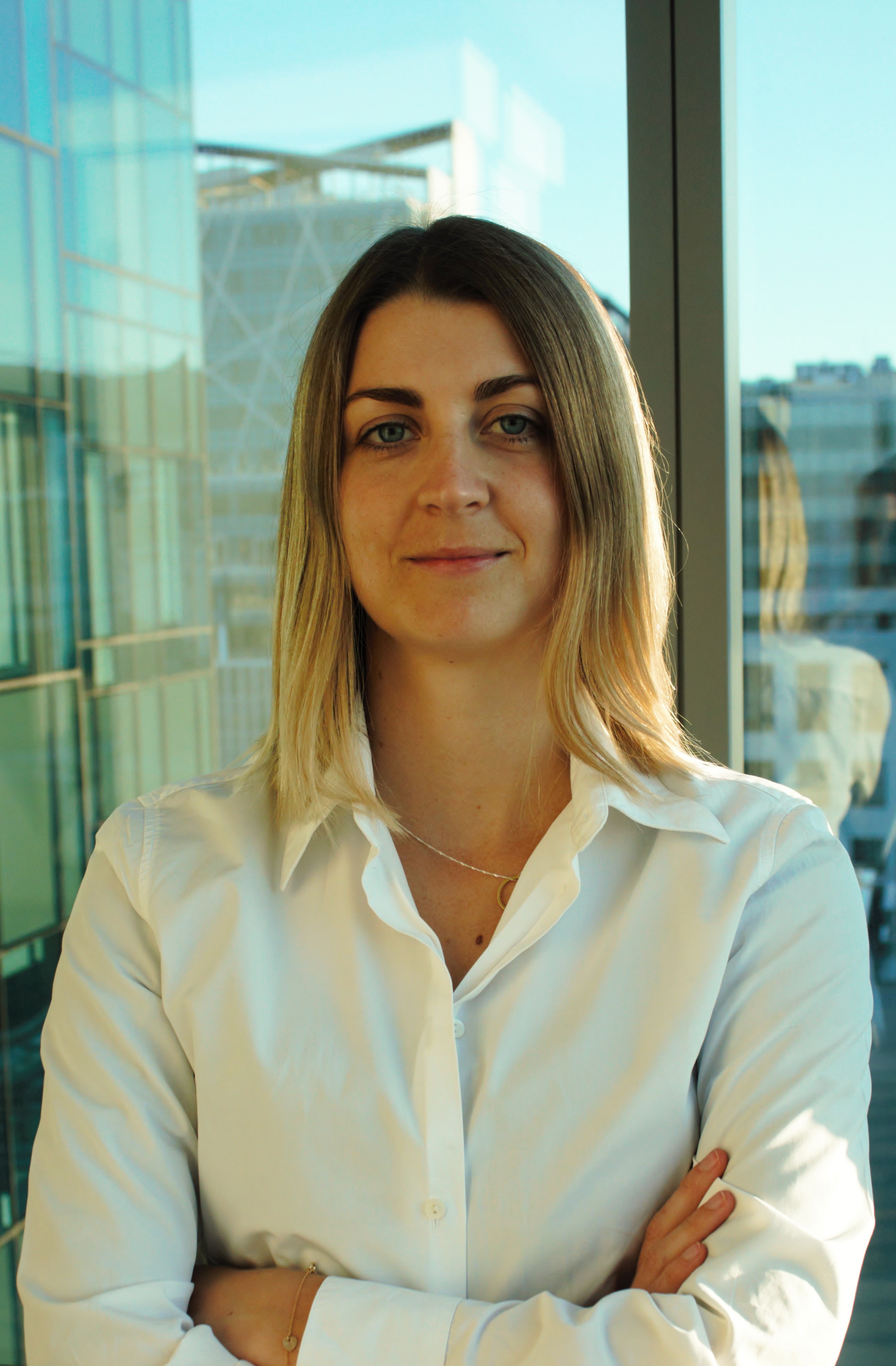
Simone Haysom
- Alumni
- South Africa
- 2009 MPhil Environment, Society and Development
- Corpus Christi College
Simone Haysom has expertise in policing and organised crime, urban change, displacement, and humanitarianism in conflict settings. Previously a Research Associate with the Overseas Development Institute in London, she is now a Senior Research Analyst at the Global Initiative against Transnational Organised Crime. Recent major work projects include documenting and analysing the heroin trade along Africa's east coast, and researching the livelihoods of Syrian refugees in Amman. Her first non-fiction book, about the recent rise of vigilantism in Cape Town and the Commission of Inquiry into policing in Khayelitsha township, is scheduled for publication by Jonathan Ball in September 2018. She will be a Visiting Academic at the African Studies Centre at the University of Oxford until September 2018.
Wesley Hazen
- Alumni
- United States
- 2013 MPhil Criminology
- Selwyn College
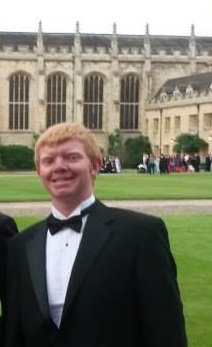
Wesley Hazen
- Alumni
- United States
- 2013 MPhil Criminology
- Selwyn College
Gates Alum, Selwyn (2013), Ents Officer Selwyn MCR (2013-2014), Dreamer by choice
Jin He
- Alumni
- China
- 2005 PhD Education
- St John's College
Jin He
- Alumni
- China
- 2005 PhD Education
- St John's College
My field of research is Second Language Education, which I have pursued for over 10 years. However, I am also extremely interested in early education, educational policy-making and management. My career goal is to become a professional educator and help improve education in my home country. I am very glad to be able to conduct further research at Cambridge and I would particularly like to extend my thanks to the Gates Trust for generously sponsoring my study at Cambridge.
Ximin He
- Alumni
- China
- 2006 PhD Chemistry
- Lucy Cavendish College

Ximin He
- Alumni
- China
- 2006 PhD Chemistry
- Lucy Cavendish College
Dr. He is an assistant professor at UCLA. Her research focuses on biologically inspired materials based on stimuli-responsive polymers and micro/nano-structure fabrication, for applications in biomedicine, environment, and energy. Postdoctoral Fellow, Harvard University (2011-2014); Ph.D. in Chemistry, University of Cambridge (2011).
Morgan Healy
- Scholar
- United States
- 2020 PhD Education
- Lucy Cavendish College
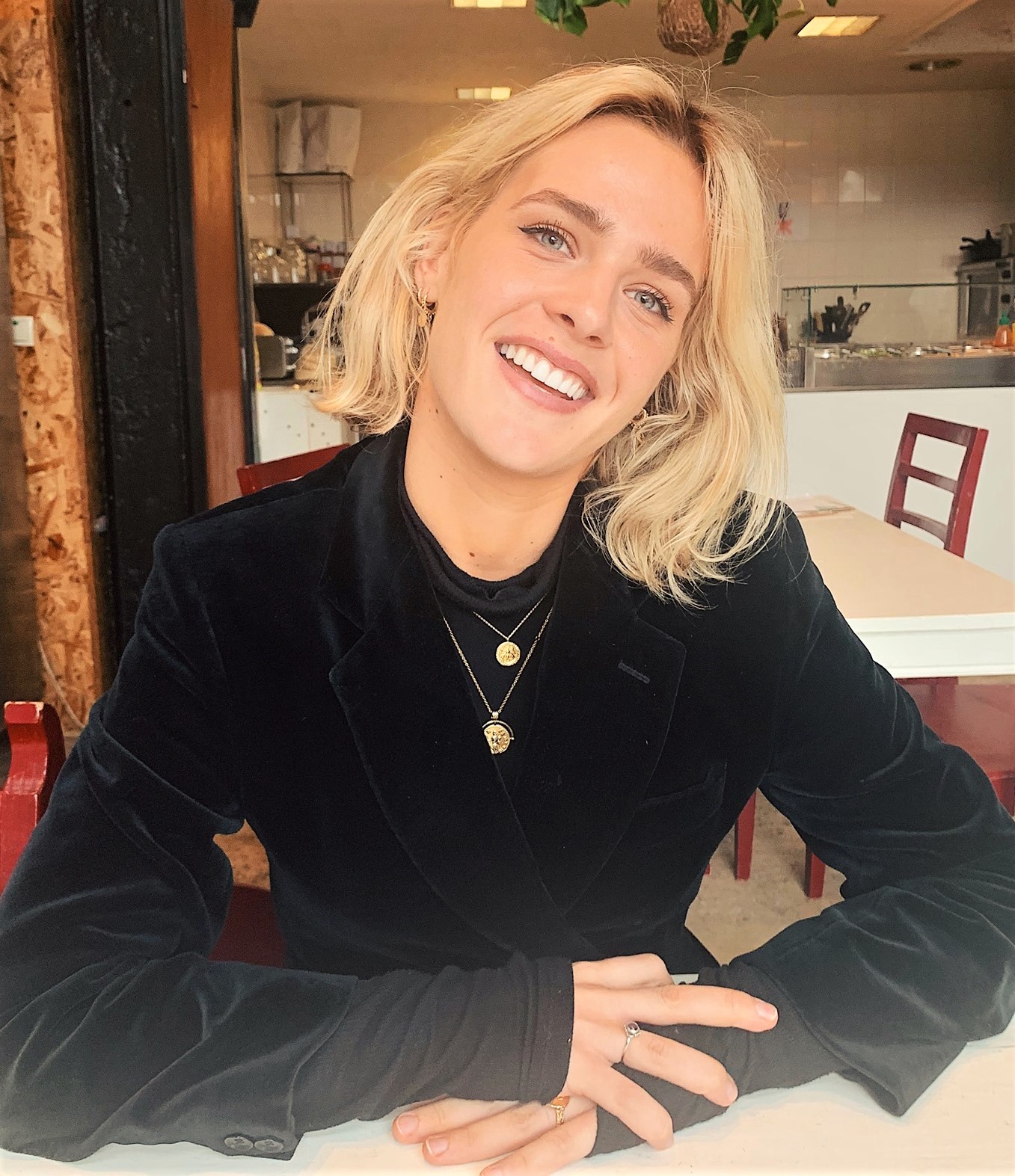
Morgan Healy
- Scholar
- United States
- 2020 PhD Education
- Lucy Cavendish College
Ninety percent of a child's brain develops by age five. Investment in quality early education services has a higher economic and social return than investment in education services at any other age. And yet, early education interventions are rarely funded at-scale. Of those that do exist, few are understood by their mechanisms of effect or differential effectiveness across subpopulations. For my dissertation, I plan to address these issues by evaluating two large-scale parenting programs in the UK (VIPP-SD) and Brazil (Primeira Infancia Melhor; PIM). My hope is that evaluation findings can be leveraged to inform service delivery and program targeting (PIM) and broaden the evidence-base of these interventions to more distal child outcomes including self-regulation. Prior to Cambridge, I worked at the Harvard David Rockefeller Center in Sao Paulo, and fellow with the Mayor of Baton Rouge on the city's Cradle to K Parenting Program.
Previous Education
Harvard University International Education Policy 2019
Boston College Secondary Education, History 2016
Friederike Hedley
- Scholar
- Germany
- 2024 PhD Psychology
- Newnham College
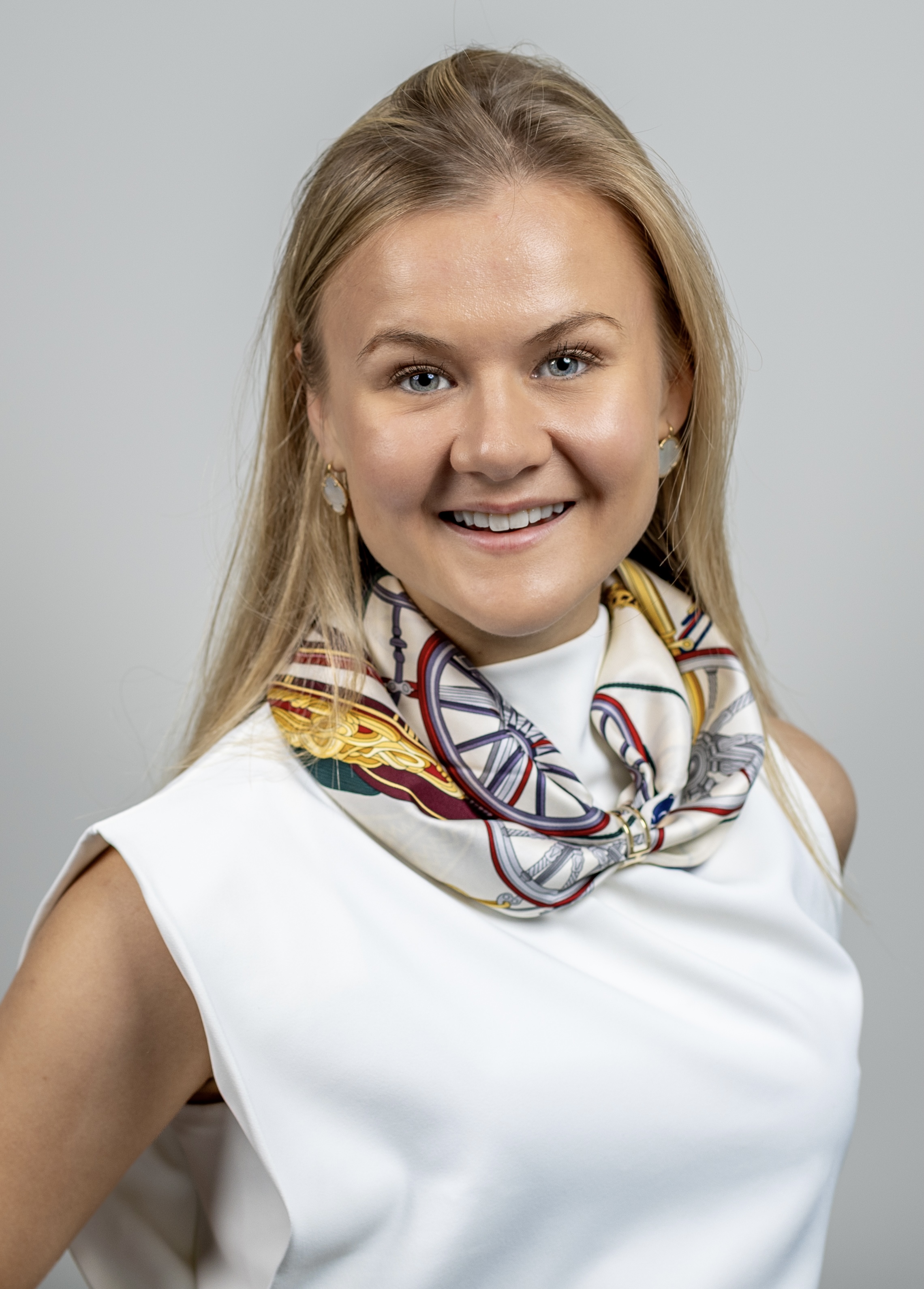
Friederike Hedley
- Scholar
- Germany
- 2024 PhD Psychology
- Newnham College
Learning under uncertainty is a core daily demand. In an ever-changing world, we must learn to deal with its uncertain nature. How is learning under uncertainty represented in the developing brain? How does anxiety arise as a function of maladaptive uncertainty representations during development? What are important mitigating factors when uncertainty is unavoidable? My PhD research empirically investigates these questions using data-driven, computational modelling approaches. I grew up in a small harbour town in the marshlands of northern Germany – a steadfast childhood on the banks of the river Weser. When I moved to Hong Kong and started my MPhil in the wake of the 2019-2020 protests, I interviewed people for whom that same consistency was absent. My research focused on the cognitive processing of individuals who were affected by internalising psychopathology. In Cambridge, I am thrilled to join Prof. Rebecca Lawson’s Prediction and Learning Lab and address one of the world’s most prevalent mental disorders with actionable solutions.
Previous Education
University of Hong Kong Cog. Psychology / Neuroscience 2024
Universität Witten/Herdecke Psychology and Psychotherapy 2020
Universität Witten/Herdecke Management 2018
Victoria Heidt
- Scholar
- United States
- 2024 MPhil Development Studies
- King's College
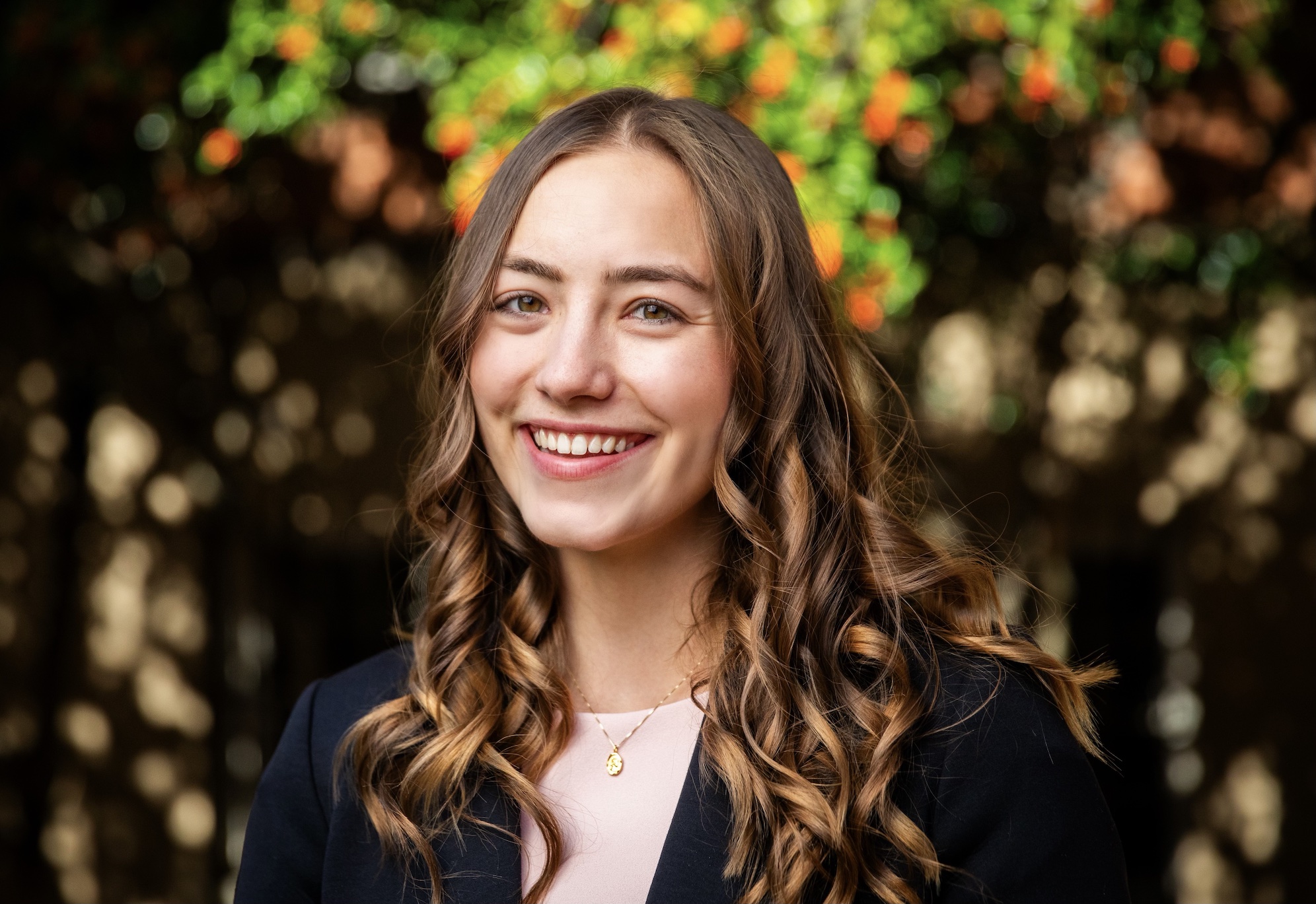
Victoria Heidt
- Scholar
- United States
- 2024 MPhil Development Studies
- King's College
My passion for sustainable peacebuilding in post-conflict settings stems from being raised in an intergenerational, Russian-American household. Witnessing the consequences of unredressed harm following conflict in the Soviet Union drove my desire to study government, justice, and peacebuilding at Georgetown University. While at Georgetown, I worked with Ambassador Norman Eisen at the Brookings Institution on issues of legal accountability following January 6th. Prior, I supported several non-profits such as PEN America and Triangle Project. Most recently, I am a Researcher at the Georgetown Institute for Women, Peace, and Security where I examine women’s issues in active conflict settings and advocate for international policy responses. At Cambridge, I will read for an MPhil in Development Studies. I look forward to exploring how transitional justice, democratization, and international law can meet the needs of historically neglected individuals in post-conflict states.
Previous Education
Georgetown University Government; Justice & Peace 2024
Arjan Heir
- Scholar
- United Kingdom, Canada
- 2024 MPhil Philosophy
- King's College
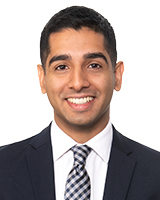
Arjan Heir
- Scholar
- United Kingdom, Canada
- 2024 MPhil Philosophy
- King's College
I completed a BSc in Psychology at York University, Glendon Campus; J.D. at Columbia Law School; and Master II at Sciences Po Paris. I then spent a year as a law clerk and associate at an international law firm. During these experiences, I developed an interest in ethics, political philosophy, and legal philosophy. I became interested in how rigorous philosophical analysis can allow us to challenge our assumptions about what constitutes morally permissible behaviour, particularly in the context of interpersonal relationships. In addition, I was drawn to questions about whether the legal framework for shaping conduct in the sphere of intimate relationships is normatively justifiable and, more broadly, the extent to which the legal system is an appropriate vehicle for advancing justice in the domain of intimate relationships. During my MPhil in Philosophy at Cambridge, I aim to continue exploring these topics through research, with an eye to how insights in ethics, political philosophy, and legal philosophy can drive reform in the law and rethinking of policy.
Previous Education
Columbia University Law 2023
Sciences PO, Institut d'etudes politiques de Paris Economic Law 2023
Gabriella Heller
- Alumni
- United States
- 2015 PhD Chemistry
- Churchill College

Gabriella Heller
- Alumni
- United States
- 2015 PhD Chemistry
- Churchill College
My research focuses on a class of proteins called intrinsically disordered proteins. Unlike most well-studied proteins, such as those responsible for immunological responses, catalysis, and DNA replication, disordered proteins have no rigid three-dimensional structure and are instead highly dynamic. Despite their high prevalence in diseases such as Alzheimer’s, cancer, and diabetes, these proteins receive little attention, likely a result of how difficult they are to observe experimentally. My doctoral research will combine experimental methods with high-powered modelling techniques to understand these proteins and their relation to disease. Originally from Chicago, I attended Pomona College, where I double majored in chemistry and mathematics. There, I studied topics ranging from protein-ligand binding to topological complexity in protein structures (such as knots and links). My love of working at the intersection of biochemistry, math, and physics led me to begin working with Professor Michele Vendruscolo at the University of Cambridge as a Churchill Scholar, where I am combining computational methods with experimental techniques to understand the interactions between disordered proteins and therapeutic drugs. I am keen to improve the ways in which biochemists obtain information about protein function and stability and am intrigued by the potential of such work to have direct implications on our understanding and treatment of disease.
Previous Education
Pomona College
University of Cambridge
Anne Heminger
- Alumni
- United States
- 2010 MPhil Musicology
- Clare College
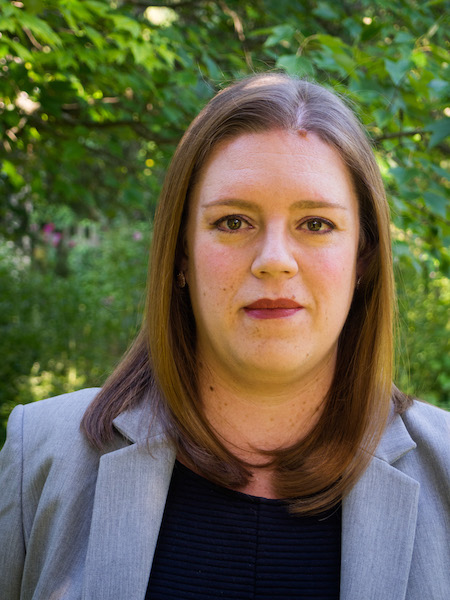
Anne Heminger
- Alumni
- United States
- 2010 MPhil Musicology
- Clare College
Anne Heminger is Assistant Professor of Music at the University of Tampa. Her research centres on the English Reformation, examining how the composition, dissemination, and performance of religious music shaped the early modern construction of English identity in the sixteenth century. Her book project, titled Confession Carried Aloft: Music, Religious Politics, and National Identity in Mid-Tudor London, highlights the key role religious music played in fueling competing and historically rooted notions of Englishness from Henry VIII’s break with Rome into the first years of Elizabeth I’s reign.
Anne holds a BA in music from the University of Chicago, an MPhil in musicology from Cambridge, and a PhD in historical musicology from the University of Michigan. She is the author of two articles: “Music Theory at Work: The Eton Choirbook, Rhythmic Proportions, and Musical Networks in Sixteenth-Century England,” (Early Music History, 2018) and “‘Zu dienst wan sy syngen jn eynn:’ Music, Politics, and the Reformed Livonian Service Books of 1530 and 1537,” published in Celebrating Lutheran Church Music (Uppsala University Press, 2019). She is currently at work on two further articles on English music printing and the music of Christopher Tye. Beyond the English Reformation, her research and teaching interests include late medieval devotional culture, liturgy and ritual studies, the development of music printing and technology, and twentieth-century Baltic choral music.
Previous Education
University of Chicago
Konstantin Hemker
- Scholar
- Germany
- 2022 PhD Computer Science
- Queens' College
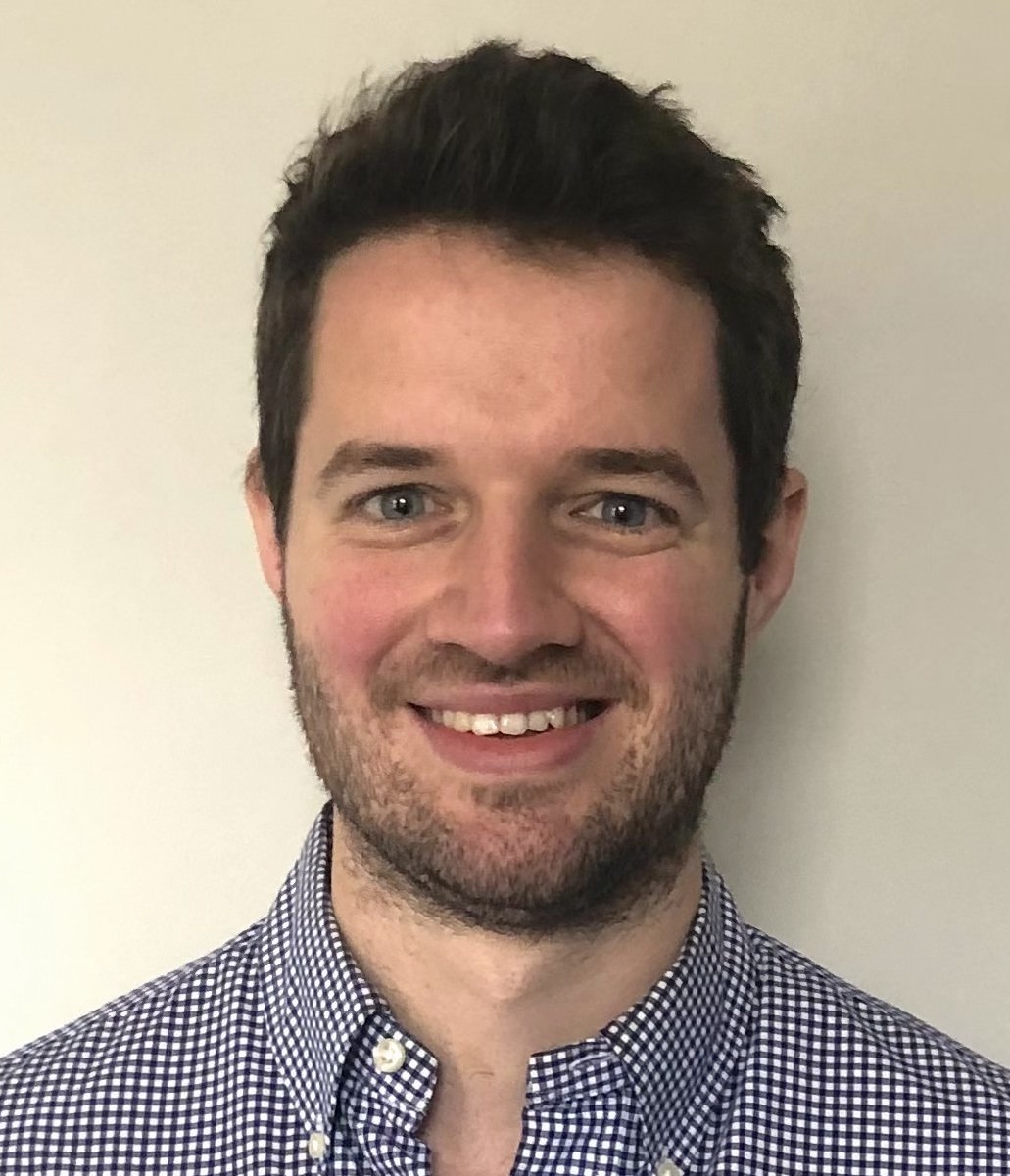
Konstantin Hemker
- Scholar
- Germany
- 2022 PhD Computer Science
- Queens' College
I was first introduced to the enormous potential of statistical modelling and machine learning during my undergraduate degree at the LSE and master’s degree at Imperial College. Later on, I worked as a Data Scientist on industry applications in pharma and healthcare, where I noticed a large gap between what machine learning algorithms can do in theory and the degree to which they are adopted in industry. While deep learning models have the potential to help millions of patients during the screening and treatment of fatal diseases, their lack of transparency diminishes the trust of healthcare practitioners, patients, and regulators. I have explored this problem throughout my Computer Science MPhil at Cambridge by studying how we can use design intuitive clinical decision-making tools for different cancer screening tasks. During my PhD, I seek to further develop explainable and stable machine learning systems with a high human-in-the-loop component. I am very excited by the contributions that these systems could bring to the field of healthcare and beyond – improving the accessibility of ML algorithms for fatal diseases and addressing concerns about hidden biases and accountability in algorithmic decision making.
Eva-Maria Hempe
- Alumni
- Germany
- 2007 PhD Engineering
- St John's College
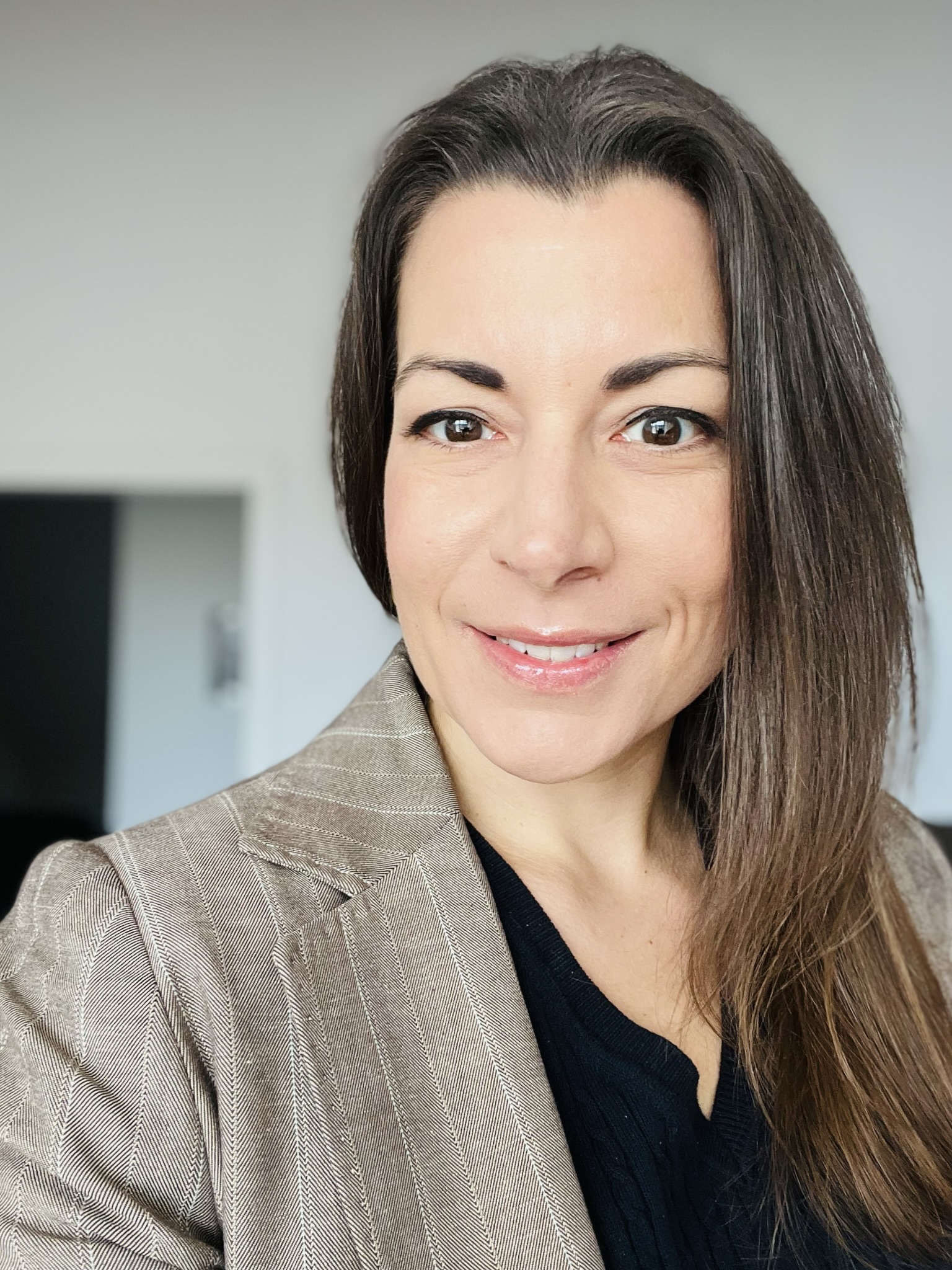
Eva-Maria Hempe
- Alumni
- Germany
- 2007 PhD Engineering
- St John's College
I am a technology and healthcare executive. I currently lead Enterprise Sales for DACH, Eastern Europe and Israel for VMware, a provider of multi-cloud services for all apps, enabling digital innovation with enterprise control. My mission is to enable and equip sales teams to sell more strategically, shape and close big(ger) deals. I am a big believer in empathy and a thorough understanding of customer needs to deliver superior customer value. I am also a board member for a leading European health and social care software provider. I have a background in strategy consulting, working for Bain & Company on corporate strategy & transformations for tech and healthcare clients. I have been living in Switzerland (first Geneva, now Zurich) since 2015.
Links
http://everydayservicedesign.blogspot.co.uk
http://eva-maria.hempe.org
https://www.linkedin.com/in/eva-maria-hempe
Cassi Henderson
- Alumni
- United States
- 2015 PhD Chemical Engineering
- Queens' College
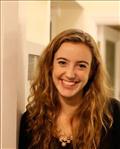
Cassi Henderson
- Alumni
- United States
- 2015 PhD Chemical Engineering
- Queens' College
With a background in biomedical engineering and product design, I am passionate about harnessing engineering advancements for the improvement of health. My research is focused on innovative solutions for the manufacture of affordable medical technology with an emphasis on local production in resource limited settings. In the future, I hope to continue to facilitate the transfer of the scientific developments in academic research into technology that increases accessibility to healthcare.
Previous Education
University of Pennsylvania
University of Cambridge
Robert Henderson
- Alumni
- United States
- 2018 PhD Psychology
- St Catharine's College
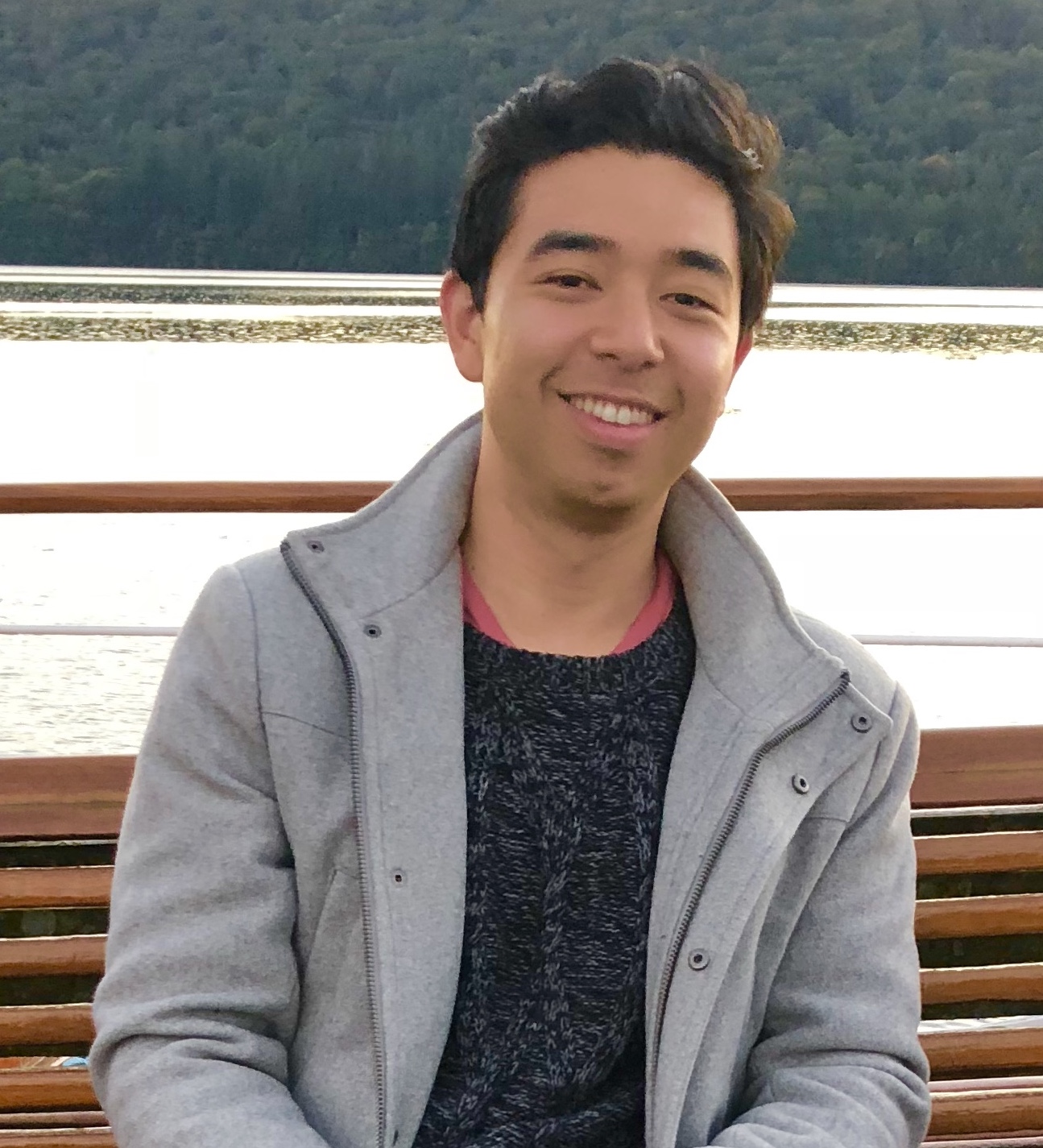
Robert Henderson
- Alumni
- United States
- 2018 PhD Psychology
- St Catharine's College
Rob Henderson is the best-selling author of Troubled: A Memoir of Foster Care, Family, and Social Class. He grew up in foster homes in Los Angeles and in the rural town of Red Bluff, California. After enlisting in the U.S. Air Force at the age of seventeen, he subsequently attended Yale on the GI Bill and was then awarded the Gates Cambridge Scholarship to study at the University of Cambridge (St. Catharine’s College), where he obtained a PhD in psychology in 2022. Rob’s writing has appeared in the New York Times, Wall Street Journal and Boston Globe, among other outlets, and his newsletter is sent each week to more than fifty thousand subscribers.
Previous Education
Community College of the Air Force
Yale University
Shalom Henderson
- Scholar
- United States
- 2020 PhD Medical Science at the MRC Cognition and Brain Sciences Unit
- Clare College
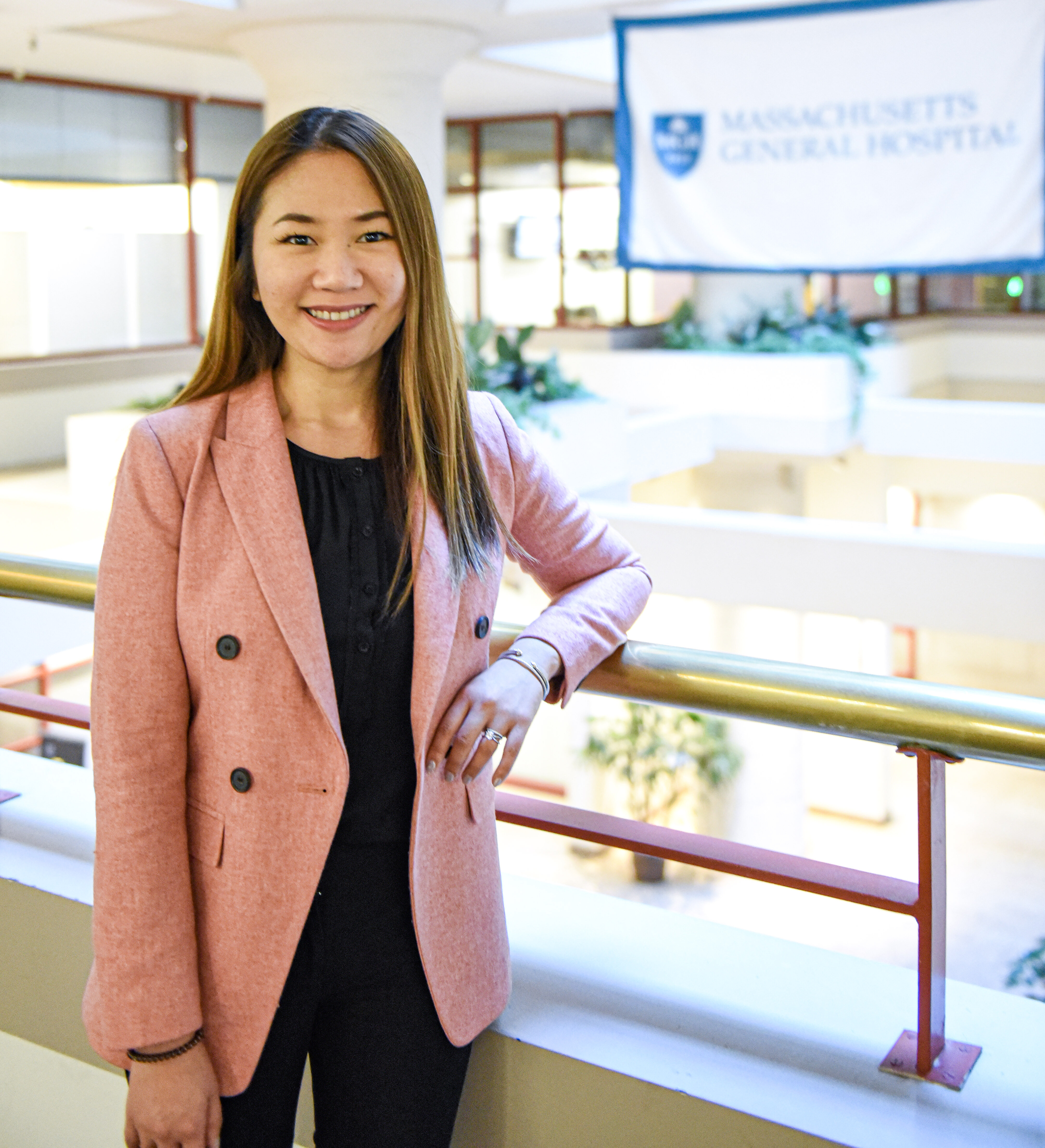
Shalom Henderson
- Scholar
- United States
- 2020 PhD Medical Science at the MRC Cognition and Brain Sciences Unit
- Clare College
As a clinician-researcher, I have been working with patients diagnosed with neurodegenerative conditions since 2017 and am passionate about translating research findings to the clinical context. My research emphasis has been on frontotemporal lobar degeneration and its subtypes, particularly primary progressive aphasia (PPA), which are fast progressing, often misdiagnosed, and have no effective treatment. During my PhD, my studies spanned the MRC Cognition and Brain Sciences Unit, the Department of Clinical Neurosciences, University of Cambridge and the Cambridge Centre for Frontotemporal Dementia and Related Disorders. In my thesis, I discussed barriers to the assessment of progressive aphasias and presented exemplars of transdiagnostic approaches to improve clinical characterisation of language-based dementias. My research focusses on understanding how word meaning is stored and accessed in the brain, and the nature of impairments that result when crucial brain regions are affected by PPA. My work also includes novel aphasia research tools designed to be simple, scalable, sensitive, yet speak to the neurobiology of language.
Previous Education
MGH Institute of Health Profes Speech Language Pathology 2018
Columbia University Psychology 2015
Shealynn Hendry
- Scholar
- United States
- 2022 PhD History
- Hughes Hall

Shealynn Hendry
- Scholar
- United States
- 2022 PhD History
- Hughes Hall
After graduating with degrees in History and Classical Humanities from Miami University, I spent the next few years far removed from academia. It was my experience outside the classroom, which instilled in me the significance of academic inquiry, and the potential impact of historical scholarship more specifically. While volunteering in a refugee camp, I was a constant witness to the creation of historical documents. I wanted to know who decided what records of any given event survived. I was curious to know how anyone might archive the records of displaced peoples and who had access to those records. Upon my return, I decided to pursue dual-master’s degrees in both History and Archive Management at Simmons University, to better understand how the information sciences inform the humanities. As I pursue a PhD in History, my focus remains on transnational events and displaced peoples not only as subjects of inquiry but as individuals with a unique admittance into the archival record who provide a significant perspective on collecting practice. It is my belief that the questions we ask of the past inform the questions we ask of ourselves. I am honored and grateful for the opportunity to join the Gates Cambridge community!
Previous Education
Simmons University History 2022
Miami University History, Classical Humanities 2015
Maria Hengeveld
- Alumni
- Netherlands
- 2017 PhD Development Studies
- King's College
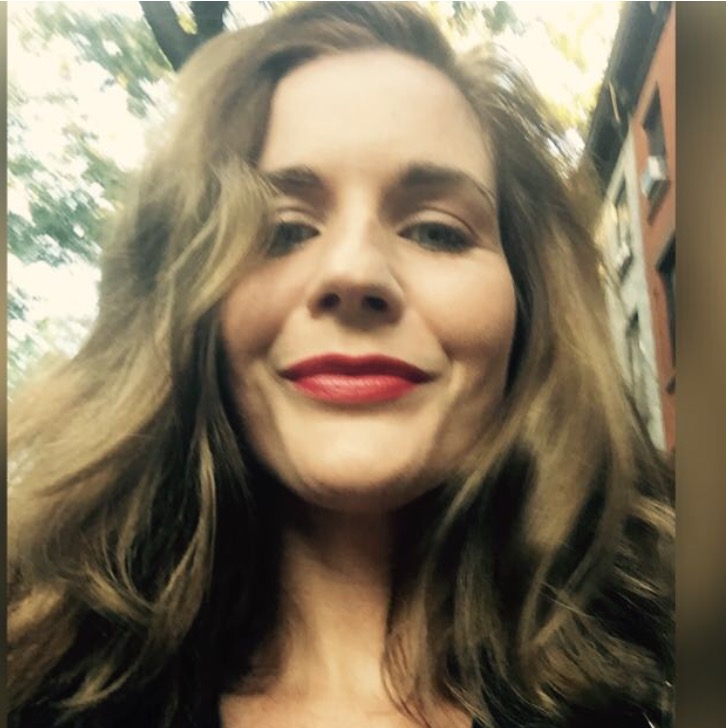
Maria Hengeveld
- Alumni
- Netherlands
- 2017 PhD Development Studies
- King's College
After working in the private sector for eight years in my native the Netherlands, I moved to South Africa in my mid twenties to study sociology and gender studies at the University of Cape Town. This is where I developed my interest in the sociology and politics of international development. A Fulbright fellowship allowed me to take this interest to Columbia University in New York, where I did a Master in Human Rights. At Columbia, I grew interested in the rise of philantro-capitalism and the corporate social responsibility (CSR) industry, and the ways in which these industries are linked to and perpetuate systems of power and inequality. My M.A thesis used the feminist philanthropy and humanitarian alliances of the sports giant Nike as a case study to examine the consequences of this trend, a topic I was able to further investigate as a journalist in Vietnam. For this investigation, which was published at Slate and supported by The Nation Institute in New York, I interviewed 18 Nike workers about their wages and working conditions. These conversations, coupled with other journalistic work on this subject and a consultancy project with the International Labour Organization sparked my desire to investigate the CSR industry, particularly its labour dimensions, as a PhD student at Cambridge's Center for Development Studies. I am both thrilled and honoured that I will have the opportunity to do so as a Gates Cambridge student and a member of King's College.
Previous Education
University of Cape Town
Columbia University in the City of New York
Marisa Henry
- Alumni
- Canada
- 2016 MPhil Engineerng for Sustainable Dev
- Pembroke College
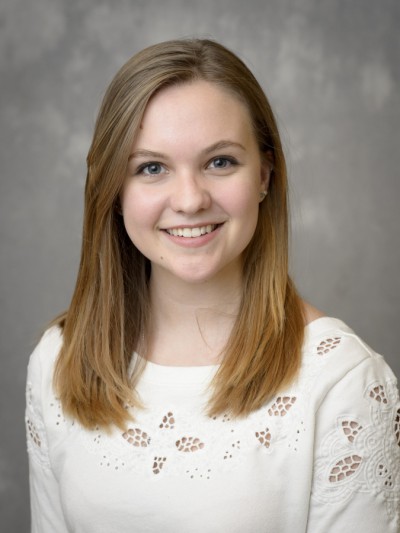
Marisa Henry
- Alumni
- Canada
- 2016 MPhil Engineerng for Sustainable Dev
- Pembroke College
Born in Canada, but raised primarily in the suburbs of Houston, Texas, I attended Purdue University and graduated with a bachelors of science in environmental and ecological engineering. As a student at Purdue, I led a team working to address water scarcity in the community of Endallah, Tanzania. Beyond applying my technical, engineering knowledge, this project made me aware of the complex, multidisciplinary challenges in creating and maintaining sustainable water systems around the world. Taking up classes and other learning opportunities in subjects including economics and diversity studies, I have strived to incorporate interdisciplinary perspectives into my work. At Cambridge, I plan to further my interdisciplinary studies by pursuing the MPhil in Engineering for Sustainable Development and researching how economics can be incorporated in engineering to design system strategies for sustainable water resources globally. Outside of my academic interests, I enjoy running, hiking, travelling, music, community involvement, and coffee. I am so excited to join the Gates Cambridge community, and look forward to building relationships with other scholars who are working to make a difference in the world.
Previous Education
Purdue University








